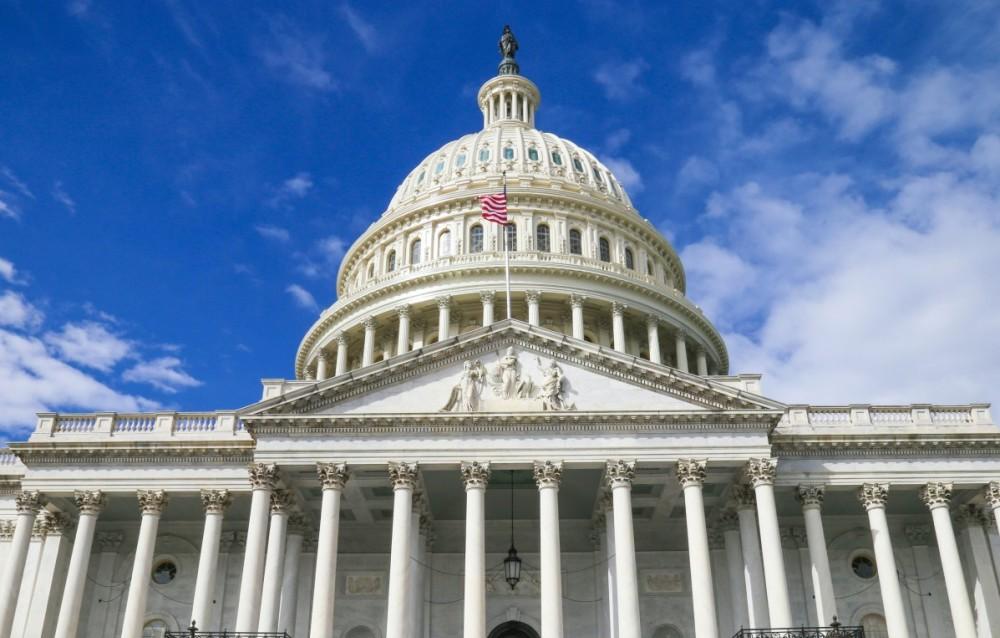According to foreign media reports, on January 25, the US Department of Commerce said that a survey of semiconductor chip manufacturers and customers showed that the chip shortage caused by wafer production capacity will continue. The department will "work with the industry in the coming weeks to address issues at specific points in the supply chain, such as unusually high prices, etc."
In the fall of 2021, the United States requires chip supply chain related companies to voluntarily submit chip data to ensure supply chain transparency. On January 25, the U.S. Department of Commerce released a report on the chip industry based on information from more than 150 companies. U.S. Commerce Secretary Gina Raimondo told reporters there was "not much good news" about the investigation.
Raymondo said, "The demand for chips in 2021 is high. He added that current demand is about 20 percent higher than its 2019 level. The survey shows that there is a "clear and persistent mismatch between chip supply and demand", and these companies believe that they will not be able to solve the problem of chip shortage in the next six months.
The Commerce Department said some of the chips used by automakers and medical device makers were unusually expensive. Raymondo said the investigation showed no evidence of hoarding chips. In addition, the median inventory of critical chips demanded by consumers has fallen from 40 days in 2019 to less than 5 days in 2021. Raymondo said, "The fact that the key chips are only in stock for 5 days shows how fragile this supply chain is." ”
But, Raymondo also noted that the Commerce Department "is not really getting the information we need to some extent, and we're going to engage with each company on a case-by-case basis to get the information we need." ”

(Image source: U.S. government official website)
Last November, Raymondo mentioned, "I've spoken to the CEOs of all the companies in the chip supply chain (Samsung, TSMC, SK, etc.), and they all promised me that they would submit rich and complete data information." But some Asian companies and governments have expressed concern about U.S. demands. Raymondo reiterated that the Justice Department could use its legal powers to get a response from these companies. The U.S. could force foreign semiconductor companies with operations in the U.S. to answer detailed questions about the chip market.
On Jan. 25, Raimondo declined to disclose the company's response or failure to respond to U.S. requests. The Commerce Department also said the U.S. is sharing its findings with other governments.
The U.S. move is to solve the problem of chip shortage, in addition, the United States has also taken other measures, such as legislation and invitations to companies to build chip factories.
House Democrats expect to introduce a chip bill aimed at improving U.S. competitiveness as early as Late January 25 and spend $52 billion on semiconductor production and research, according to people familiar with the matter. The Senate approved the grant in June last year. U.S. President Joe Biden has been urging Congress to approve more funding to boost chip production in the U.S., as shortages of key components for cars and computers exacerbate supply chain bottlenecks.
Intel said it plans to invest $20 billion to build two new chip factories in Ohio. Samsung Electronics also announced a $17 billion investment to build a new plant in Taylor, Texas, USA, to produce advanced chips.